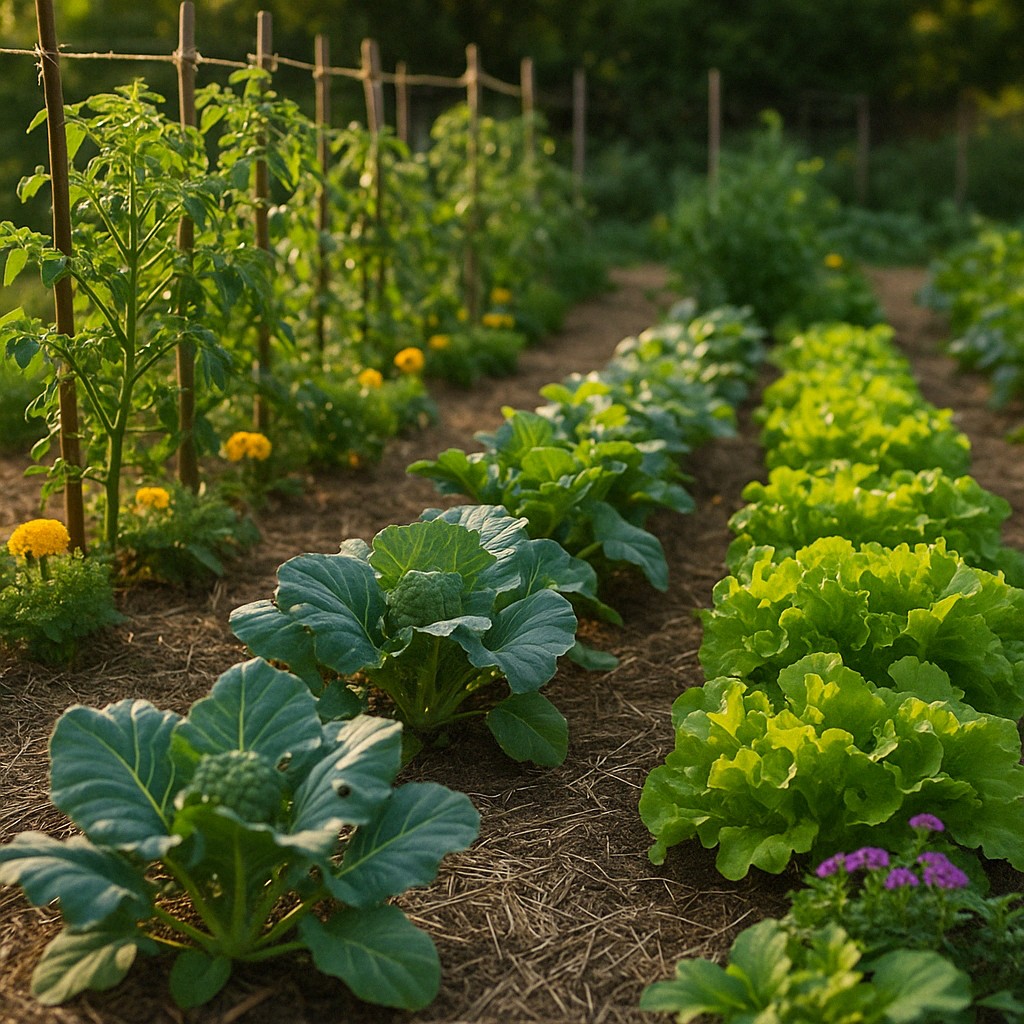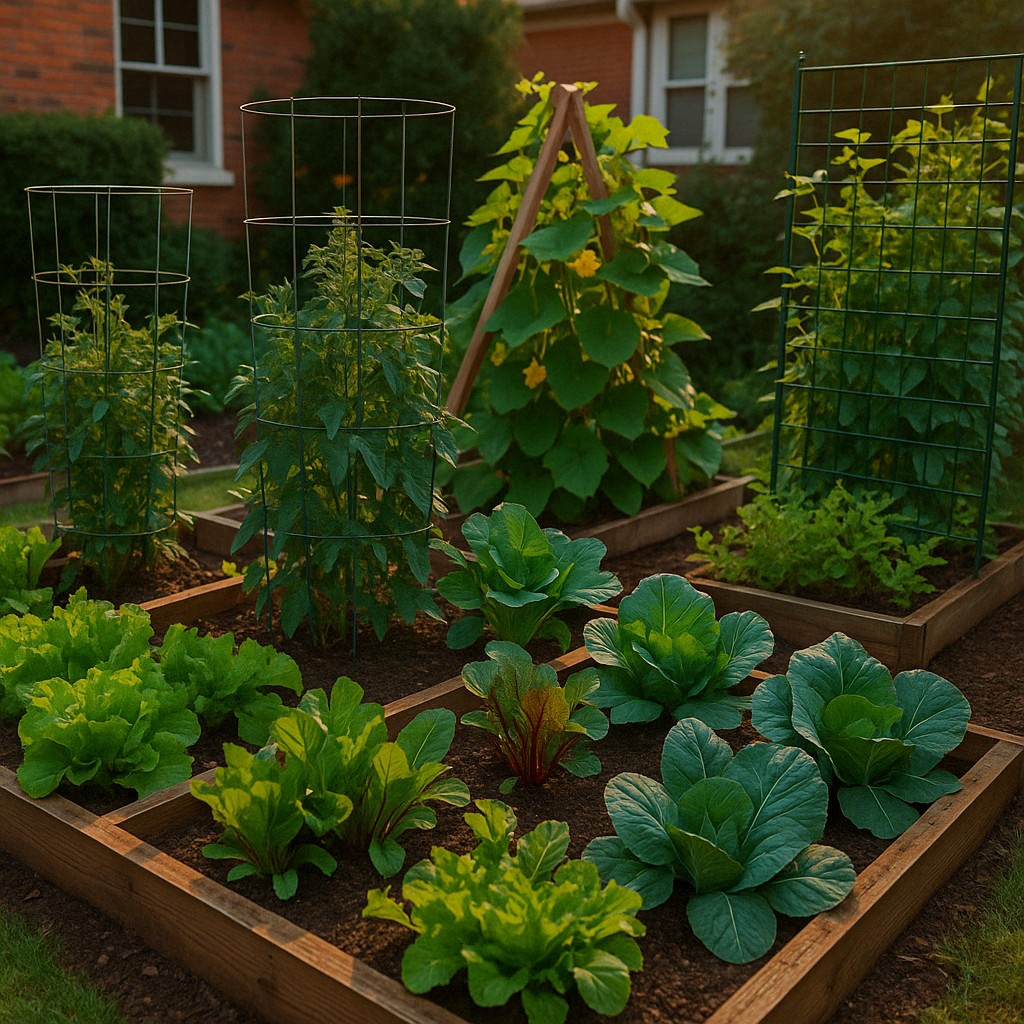Spring is Here — So Are the Bugs
Atlanta’s gardens come alive in April — and so do the pests. The warm, humid conditions that help your vegetables and flowers thrive also create a perfect environment for insects. Whether you’re dealing with aphids, vine borers, or flea beetles, a few early-season pest problems can quickly turn into a major garden headache. Here’s how to stop them before they get out of control.

Why Atlanta Gardens Attract So Many Pests in Spring
Our warm soil, frequent rain, and extended growing season create ideal conditions for both plants and pests. By mid-April, many common insects are active — and if you’re not prepared, they’ll get the jump on your seedlings.
Common Spring Garden Pests in Georgia
- Aphids: Tiny, sap-sucking bugs that cluster on leaves and stems
- Squash Vine Borers: Lay eggs at the base of squash plants — larvae bore into stems
- Flea Beetles: Jumping beetles that leave shot-hole damage on young leaves
- Cutworms: Hide in the soil and snip off seedlings at the base
- Slugs & Snails: Especially common in damp corners of your garden beds
Early Detection = Easier Control
The sooner you spot signs of pests, the easier they are to manage. Look for:
- Sticky, curled, or yellowing leaves
- Chewed edges or holes in foliage
- Wilting plants even with adequate water
- Insect eggs or larvae near the base of plants
Natural Pest Control That Works
- Neem Oil Spray: Great for aphids, beetles, and whiteflies — apply in the evening
- Floating Row Covers: Protect young plants from borers and beetles
- Handpicking: Still one of the most effective ways to control large bugs
- Companion Planting: Use basil, marigolds, and nasturtiums to repel common pests
Preventative Practices
Good habits go a long way. Rotate crops each season, clear dead leaves regularly, and avoid overhead watering which can spread fungal diseases. If you’ve had trouble with squash vine borers in the past, consider planting resistant varieties or delaying squash planting until May.
Stay One Step Ahead of the Bugs
Spring pests are a fact of life in Southern gardens, but they don’t have to ruin your season. By staying alert and taking action early, you can enjoy a thriving, chemical-free garden in Atlanta this year.
Starting new crops this month? Check out Vegetables Suited for Atlanta’s Climate or download your April Yard Checklist for Atlanta.



